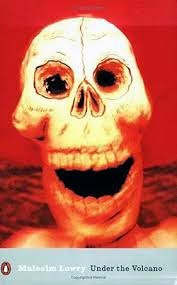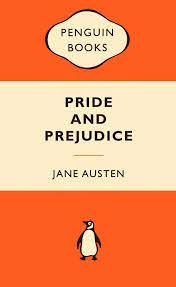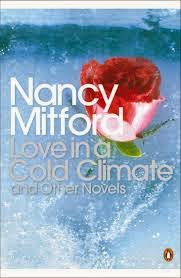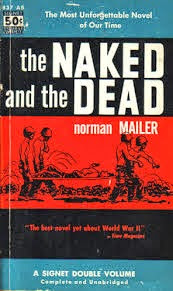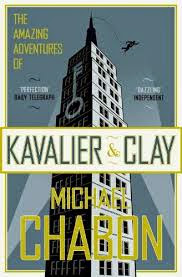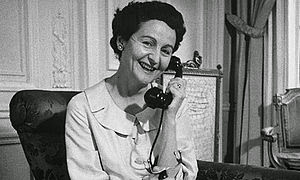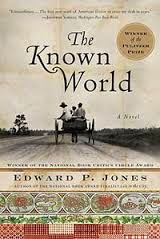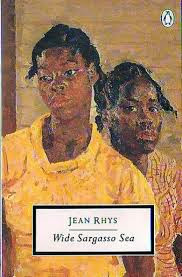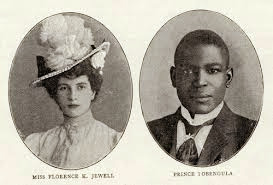. This is a fantastic novel. I have no idea how I could possibly have never heard of it before. It’s so wonderful I gobbled the whole thing down in about two days, unforgivably even reading it when I was supposed to be looking at cheetahs.
THE KNOWN WORLD tells the story of a slave owner in the late 1850s. The oddity of this story is that he is black. His parents were slaves who managed to buy their freedom, and their son – now free to do whatever he pleases – chooses to own slaves himself. His parents are horrified, and when they visit him refuse to sleep in the ‘big house’ with him, but instead sleep in the slave quarters. The book is interesting then as an unusual take on what we think we understand about slavery; but what makes it really compelling is the really incredible vividness of the world created. There are – I would estimate – at least fifty to seventy unique characters in this book, each expertly written enough that you feel that you are getting an overview of an entire community. Characters appear and die in a paragraph. “My daddy made it for me,” a slave child, Tessie, responds to a question about her doll. In the next sentence she is dying. “She would repeat those words just before she died, a little less than 90 years later.”
To say therefore that the novel is ‘about a slave owner’ is over-simplifying – it’s about an entire world. And it’s gorgeously written. Here’s a man giving another man some sweets for his children:
He went into the jail and returned with a small burlap sack no bigger than a puppy’s head. “Some sweets for them chaps, Barnum. Some horehound. A little peppermint for the chaps”
Puppy’s head? Horrifying metaphor. I love it. Or here’s man planning the gravestone for his cousin, who he just murdered to acquire some gold coins:
“All the gold would mean that he could buy a giant tombstone for John’s grave, one as large as the man himself had been. He envisioned a tombstone so big that wild and insane men would come down from their lairs in the Virginia mountains and worship at the tombstone, thinking it stood over the grave of someone who had been a god.”
Apparently Edward P Jones thought about the novel for some ten years before he wrote it, and then put the whole thing on paper in just twelve weeks after getting made redundant from his job at a tax journal. This amazes me. It’s only January, but I think we can be sure this book will make it onto my “Best of 2015” come December. Unfortunately it’s his only novel, so now I am back to reading works by lesser mortals.
